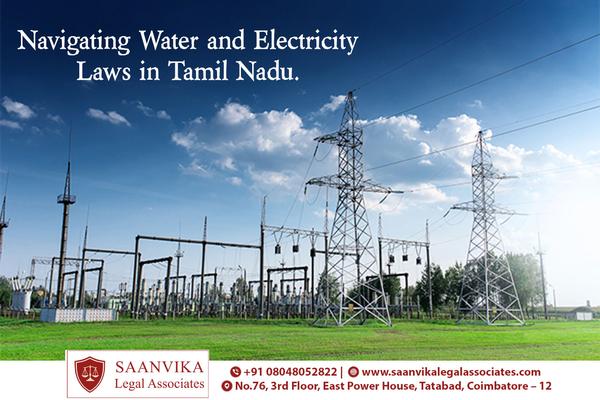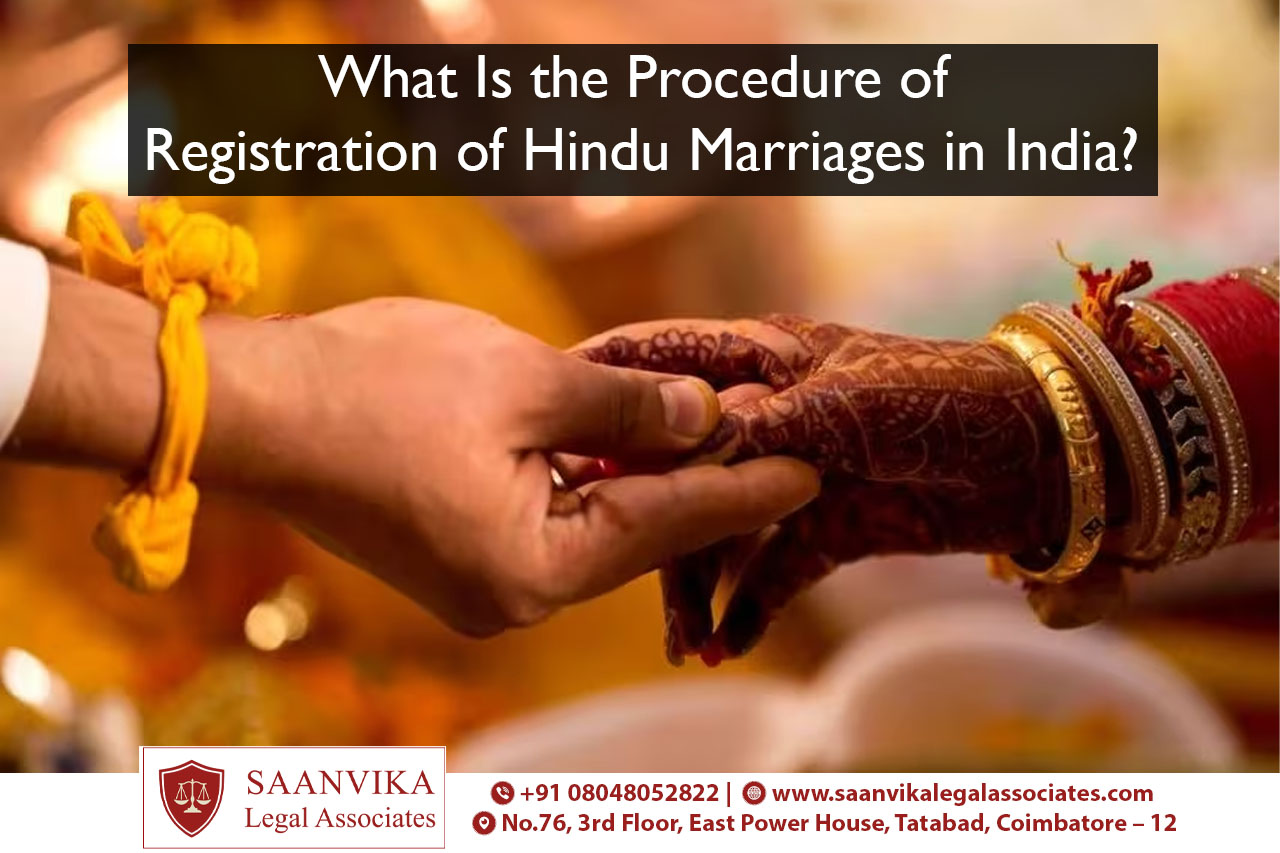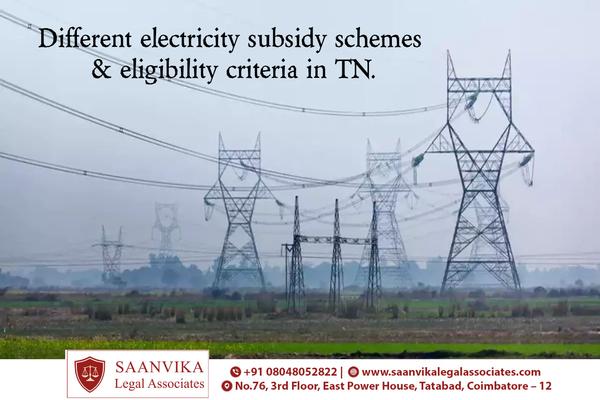
Registration of Hindu Marriages/ Hindu Marriage...

Registration of Hindu Marriages/ Hindu Marriages in INdia/ Procedure of registration / Procedure of Registeration of Hindu Marriages/ Registration of Hindu Marriages in India/ Procedure of Registeration of Hindu Marriages in India/ Best law firm in Coimbatore/ Best advocates in Coimbatore/Best law service in Coimbatore/ Best legal consultation in Coimbatore/ Best legal services in Coimbatore/ Best lawyers in Coimbatore/ Online legal consultation. In India, the registration of Hindu marriages is governed by the Hindu Marriage Act, 1955. The registration of a Hindu marriage is not mandatory, but it is advisable as it provides legal recognition and proof of the marriage. Here is the procedure for registering a Hindu marriage in India: The Hindu Marriage Act applies to Hindus, Buddhists, Jains, and Sikhs. Both parties should be Hindus unless one of them has converted to Hinduism or is not affiliated with any other religion. To register a Hindu marriage, the parties involved need to visit the local Sub-Registrar's Office, which is typically within the jurisdiction where either spouse has resided for at least six months. Obtain the prescribed marriage registration application form from the Sub-Registrar's Office. This form may vary from state to state. Complete the application form and submit it to the Sub-Registrar along with the following documents: Proof of age and residence of both parties (e.g. birth certificates, school certificates, Aadhar cards, or passports). Proof of marriage, such as the marriage invitation card, temple marriage certificate, or a joint photograph of the couple. Passport-sized photographs of both parties. A certificate of conversion to Hinduism (if applicable). Any other documents required by the Sub-Registrar. The Sub-Registrar will verify the documents and the details provided in the application. After verification, a notice of intention to marry is published at the Sub-Registrar's office for 30 days. This notice is meant to allow objections, if any, to be raised against the marriage. If there are no objections raised within the 30-day notice period, the marriage can proceed to registration. After the notice period, the marriage is registered, and a marriage certificate is issued to the couple. The marriage certificate is a legal document that proves the marriage. It contains details of the bride and groom, the date of marriage, and the place of marriage. Both parties, along with two witnesses, sign the marriage register. The Sub-Registrar issues the marriage certificate, usually on the same day of registration. Therefore, it is advisable to get married first and then proceed with the registration process. The marriage certificate is essential for various legal purposes, including visa applications, passport applications, and property rights, so it's recommended to complete the registration process. We at Saanvika Legal Associates offer various legal services such as Trust deeds, Financial law, Insurance law, and other laws including Environment, Consumer, Property, Banking, Tax, Cyber Constitutions, Labor, Civil, Criminal, Family, Property, registration, Getting docs, and so on. Also, you can consult all aspects related to Legal notice, documentation, Legal registration, Property organization, forming companies, Family legal consultation, Civil and Criminal legal consultants, and Litigation of finance and property.
Keywords
Subscribe for latest offers & updates
We hate spam too.


